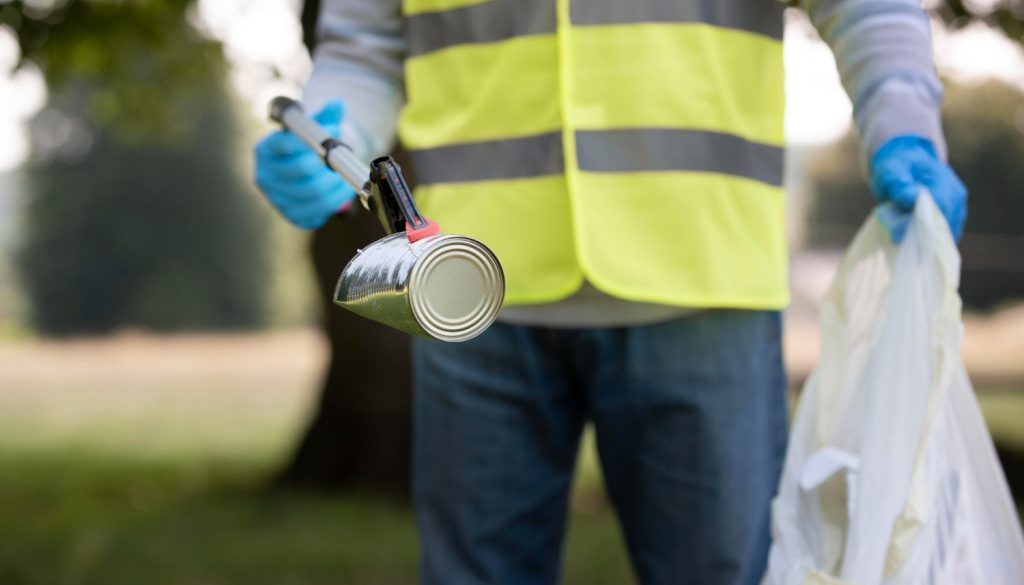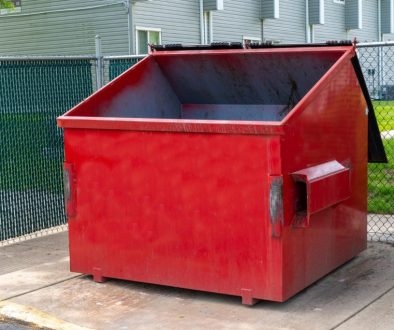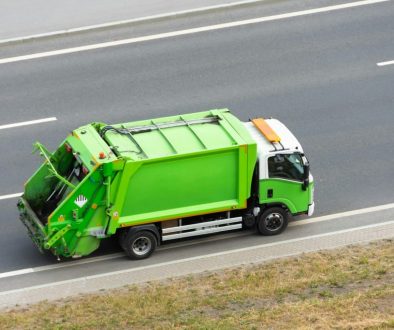In waste management, efficiency and safety are paramount. Whether tackling a home renovation, managing an industrial site, or simply aiming to improve your environmental footprint, the right equipment is crucial in ensuring that waste is handled responsibly and effectively. Here at Enviro Skip Hire, we understand the complexities of waste management, which is why we’ve put together essential information on the equipment needed to manage rubbish efficiently.
Having the appropriate tools not only streamlines the process but also ensures that all operations are carried out in an environmentally friendly manner. From selecting the ideal skip to suit your specific waste disposal needs to utilise the correct safety gear for handling hazardous materials, every piece of equipment plays a pivotal role. We also consider how organisational tools can significantly aid your recycling efforts, making it easier to segregate and manage waste more efficiently. As you read through this guide, you’ll gain insights into assembling the most effective set of tools for your waste management requirements, tailored to ensure maximum productivity and safety.
Key Types of Equipment for Efficient Rubbish Management
In any large-scale clean-up, having the right equipment is essential for managing rubbish efficiently. One key tool is the compactor, which helps in reducing the volume of waste, making more room within each skip. This is particularly useful for large quantities of compressible waste such as cardboard and plastics. Additionally, using a waste segregator can further streamline the process. This equipment helps separate recyclable materials from non-recyclables automatically, saving considerable time and effort that would otherwise be spent on manual sorting.
We also recommend investing in robust bags and containers specifically designed for heavy or hazardous waste. These are constructed to withstand sharp objects and prevent any leaks, ensuring that hazardous materials such as glass or chemicals are handled safely. With these tools, not only do we improve safety, but we also enhance the efficiency of waste management, allowing for a smoother and faster clean-up operation.
Choosing the Right Skips for Different Types of Waste
Selecting the right type of skip is crucial to managing different kinds of waste effectively. For general household waste generated from kitchen renovations or garden clearances, open skips are ideal due to their ease of access. For heavier waste like soil or rubble, however, a builder’s skip is more appropriate, as it is sturdier and designed to hold such materials without compromising on safety.
When dealing with hazardous waste, it’s imperative to opt for enclosed skips. These skips are equipped with lockable lids, which help prevent any exposure to harmful materials and secure the contents during transportation. This is not only a safety measure but also a regulatory requirement for handling hazardous waste. Understanding the nature of your waste and choosing the appropriate skip accordingly ensures compliance with legal standards and promotes environmental responsibility by facilitating proper waste segregation and disposal.
Safety Gear and Tools for Handling Hazardous Waste
Handling hazardous waste is not only a critical task but also a dangerous one if not approached with the proper equipment. We always stress the use of appropriate safety gear to protect oneself from potential hazards. Protective clothing, including gloves, goggles, and face masks, is essential to shield from toxic substances and irritants. For example, wearing thick gloves can prevent cuts from sharp objects or burns from corrosive materials.
Additionally, specialised tools such as sealed containers and clearly labelled bins should be used to segregate hazardous from non-hazardous waste, ensuring there is no cross-contamination. Tools like drum lifters and spill kits should also be readily available to handle any accidental leaks or spills effectively. These practices are not just about compliance with safety regulations but ensuring that every step of the hazardous waste handling process is as secure as possible, safeguarding not only our workers but also the environment.
Organisational Tools That Enhance Recycling Efforts
To maximise recycling efforts, implementing effective organisational tools is essential. Using different coloured skips for various types of recyclables can greatly improve waste segregation—green for garden waste, blue for paper, and yellow for plastic. These visual cues help maintain a streamlined sorting process, which is crucial when multiple waste streams are involved.
Moreover, integrating recycling stations and clearly labelled disposal points throughout a site encourages people to dispose of waste correctly rather than opting for the nearest, perhaps incorrect, bin. By optimising the layout and accessibility of these stations, we can boost recycling rates and minimise contaminants in recycling streams, ensuring that materials are processed appropriately and efficiently. By fostering good waste management habits, we not only improve operational efficiency but also contribute to a more sustainable environmental footprint.
Conclusion
Tackling large clean-up projects requires more than just hard work—it demands smart planning, the right tools, and safe practices, especially around hazardous materials. By following these guidelines and making use of the appropriate skips, safety equipment, and recycling aides, we can ensure effective and efficient waste management. If you require reliable waste management solutions that comply with the highest safety and environmental standards, contact Enviro Skip Hire today. Let us help you take care of your waste responsibly and sustainably with our top-rated local skip hire services.




